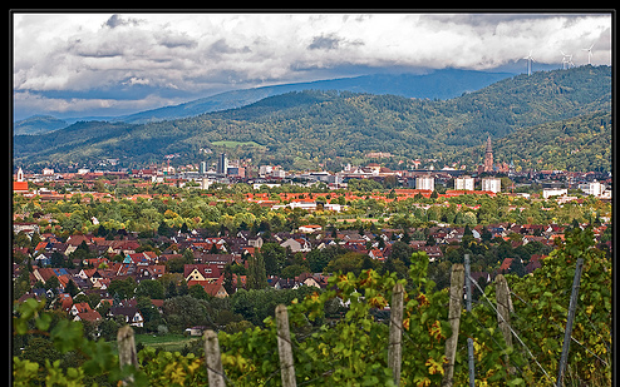Makerere University Business School through its economic think-tank, [Mubs Economic Forum] recently partnered with Friedrich-Ebert Stiftung, a German political foundation, hosting an economic performance debate in Kampala.
The debate, which drew participants from the academia, political class, policymakers, business people, civil society, university students, and the general public focused on Uganda’s liberalisation policy with many agreeing that the policy which was introduced in late 1980s has yielded tangible successes, but has challenges as well that call for a rethink.
The main objective of the liberalisation policy was to free the economy of “government failures,” such that the economy may become efficient, expand, create jobs, eradicate poverty and inequalities, and get integrated in the global economy.
This economic doctrine was associated with the neo-liberalism—freeing up the economy by removing barriers and restrictions to what actors can do, in order to create a laissez-faire atmosphere for economic development.
In Uganda, however, the liberalisation policy has brought mixed results. Since the 1990s to date, Uganda’s Gross Domestic Product has been growing, reportedly at an annual rate of 6.5 per cent and inflation has been contained within the Central Bank 5 per cent. Poverty level had declined from 56 per cent in 1992 to 19.7 per cent in 2013.
However, despite these impressive statistics, empirical studies and on-the-ground realities show that Uganda’s growth profile has remained jobless. The economy is growing without creating jobs, household incomes among Ugandans have not grown, income inequality has increased, and the economy has started to show signs of stagnation.
Many people, including the former and current managers of the economy doubt whether liberalisation is still relevant to the current economic environment with many agreeing there should be a rethink or some controls, especially in essential sectors of the economy.
During the debate participants noted Uganda embraced the free-market economy to rid itself of government failures, but the process was poorly managed because of none-transparence and hurried implemented. Notably some participants agreed the liberalization was taken to far.
Today many people believe that many of Uganda’s problems stem from having too much market and too little government, which exposes ordinary people to shocks that are sometimes beyond their control.
Some Ugandans believe, the market also lacks regulatory agencies that can ably build frameworks and guidelines that can effectively protect consumers from exploitation and cartels especially in the telecom, fuel and beverages sectors.
Thus, while government has ably done some market regulations, it should not take it for granted that the self-regulate, given the greedy capitalist tendencies.
The writer is a lecturer of economics at Makerere University Business School.
FRENCH VERSION


